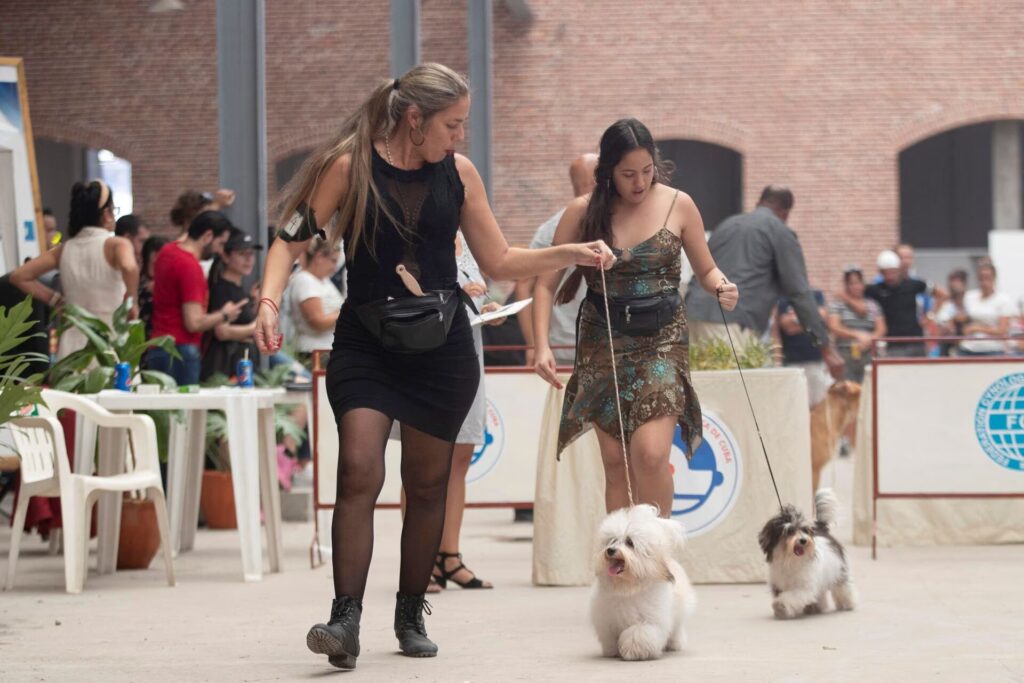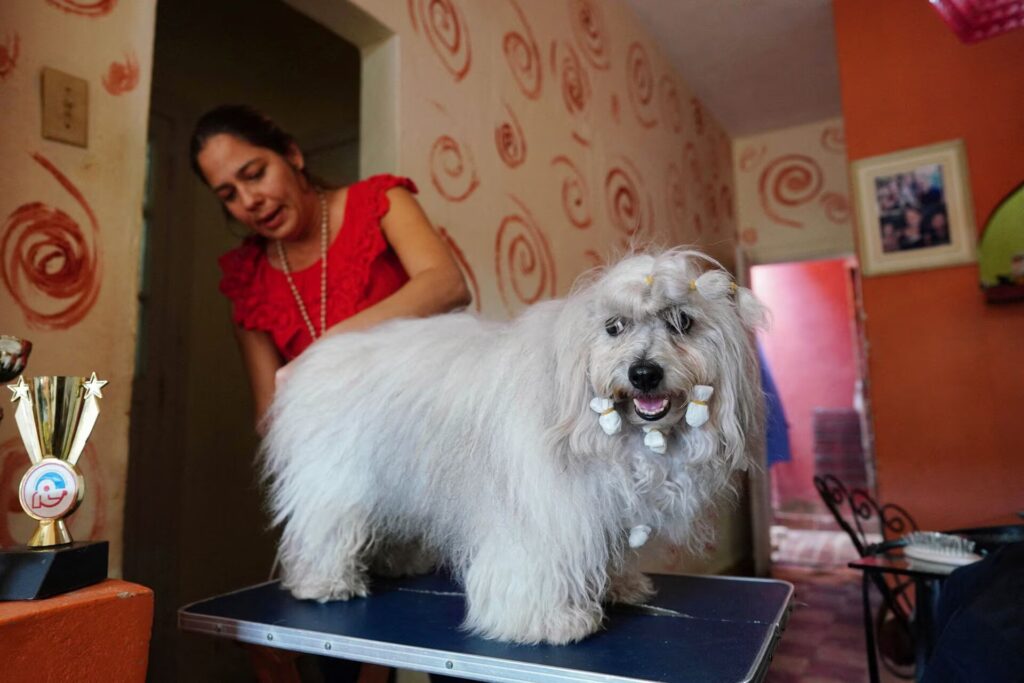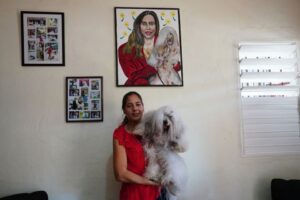HAVANA (Reuters) — Maylin Amador breeds and styles one of Cuba’s most attractive dogs — the Havanese bichon, a small but lively lapdog with abundant waves of tobacco-colored hair, and the island’s only native breed.
But Havanese-lovers like Amador, who has been raising dogs for over three decades, face challenges from shortages of shampoos and conditioners, used to preserve the animals’ silky fur, as well as other key goods such as food and medicine.

“It is difficult to raise this animal because it bathes every four days,” she said, as she prepares her dog Gucci for a national competition. “If I miss this, its fur becomes knotty and the dog could get fleas or ticks.”
Amador said breeding the expensive dog in a country in the throes of a financial crisis required a “great sacrifice”. The dog – considered the island’s national breed – was popular among Cuban aristocrats before the Fidel Castro-led 1959 revolution.

Evelio Fernandez, president of the Cuban “Bichon Havanese” club, told Reuters the association currently counts over 1,400 Havanese, and that the dog was officially recognized as Cuban in 2016.
The bichons can be found in Argentina, Mexico, Canada and the United States.
Reporting by Mario Fuentes, Anett Ríos and Nelson Acosta; Writing by Carolina Pulice; Editing by Sarah Morland and Sharon Singleton
Our Standards: The Thomson Reuters Trust Principles.

